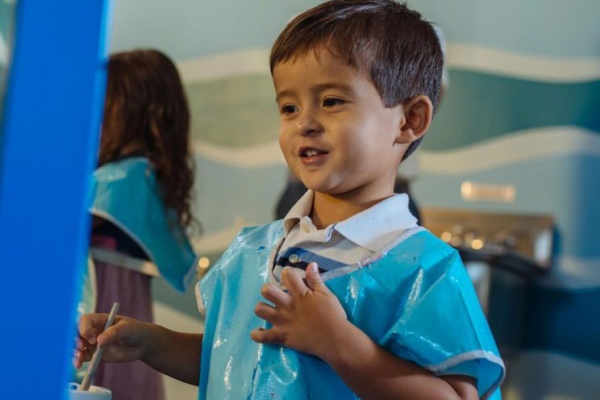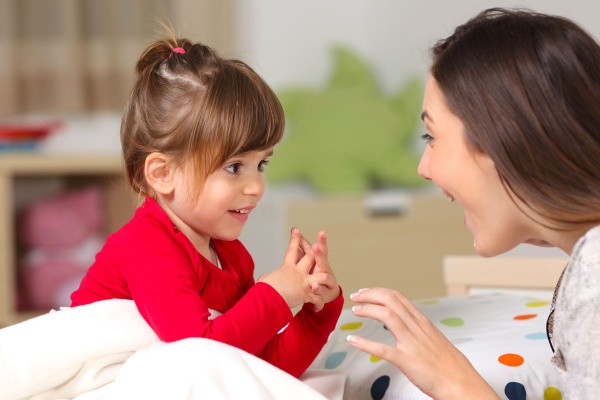
New Research on Binge Drinking and Teen Brains: What Parents Should Know
In two weeks, a friend and I are planning a special lunch to  celebrate our kids’ independence. My youngest will have completed a week of kindergarten by then, and her only child will be entering his first week of college.
celebrate our kids’ independence. My youngest will have completed a week of kindergarten by then, and her only child will be entering his first week of college.
Despite the serious separation anxiety gripping our house right now, I have it easier. I don’t have to worry about the temptations of college life.
High on the list for many nervous parents is the concern that their children will experiment more freely with alcohol than they would have in high school.
Two studies that came out over the summer reinforce what a bad idea overindulging is for teenagers. In the first, from the University of Cincinnati, researchers looking at high-resolution brain scans found that binge drinking was linked to thinning of the gray matter in the front of the brain, which controls tasks like planning, making decisions and controlling impulses. These are called executive function, and they’re the very things my kindergartener is working so hard to start to learn.
This is troubling because our brains are still developing into our 20s. The weekend binge drinkers ages 18 to 25 in the study are not that different from the estimated 40 percent of young adults in that age range who say they’ve binged on booze (described as four or more drinks for a female or five or more for a male).
Because this study is the first of its kind, there’s still a lot more to learn about the effects of drinking on young adults’ brains. But the researchers say that there is evidence fewer drinks still have a negative effect, and that other parts of the brain may also be damaged, including the white matter (which helps different parts of the brain communicate).
The good news is that because the brain is still developing at this age, a person who stops binging may be able to recover some of the lost functioning.
Parents of girls will be especially interested in the second study. Researchers at the University of California say that among the 16- to 19-year-olds they studied, females binge drinkers had less brain activity while performing tests that involved spatial tasks and memory than females who didn’t drink. The same difference appeared in males too, but not to the same extent.
This means that teenage girls who binge drink may be damaging their ability to do things like find their way with a map, remember how to find a location or execute complex sports moves. It wasn’t clear why the girls were more vulnerable, but because females’ brains mature up to two years earlier than males’, it may be that their stage of development is different despite being the same age.
Interestingly, a University of Missouri study out this summer found that trying to use data like this to scare college students about the risks of binge drinking was less successful than giving them positive messages about how their grades and relationships will be better if they don’t overindulge.
Parents dropping teens off at the dorm will be reassured that they don’t need to fill their goodbyes with dire warnings about peer pressure to drink. On the other hand, within a year or two my older son, going into third grade, will start to hear anti-alcohol messages at school. This is a time when the scientific approach about the damage alcohol can do to developing brains is more likely to stick.
By Amy De La Hunt, Health Blogger for SmartParenting

Amy De La Hunt is a journalist and editor who lives in the St. Louis metro area and works across the country as a writer, copy editor, project manager and editorial consultant on everything from fiction books to monthly magazines to blog posts. When she's not chauffeuring her teenage sons to activities, Amy is an enthusiastic amateur cook, landscaper, Latin dancer and traveler. Follow Amy on Instagram @amy_in_words




















